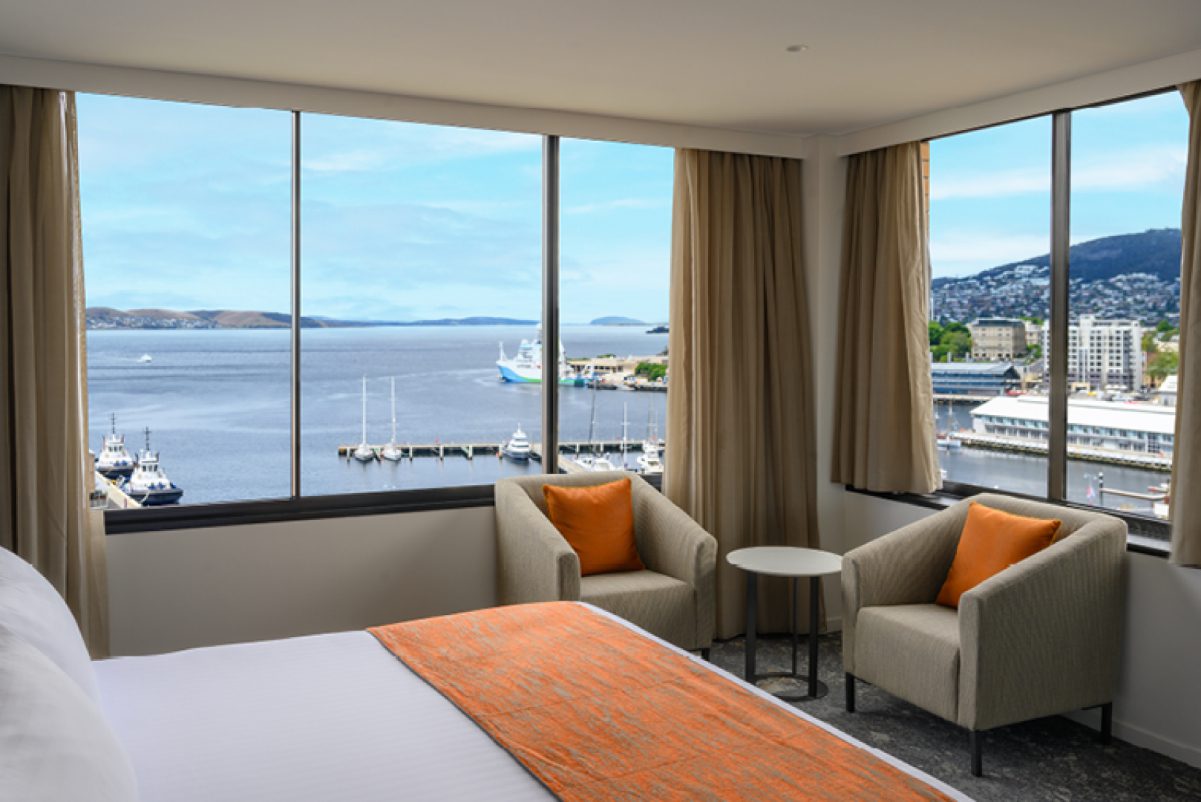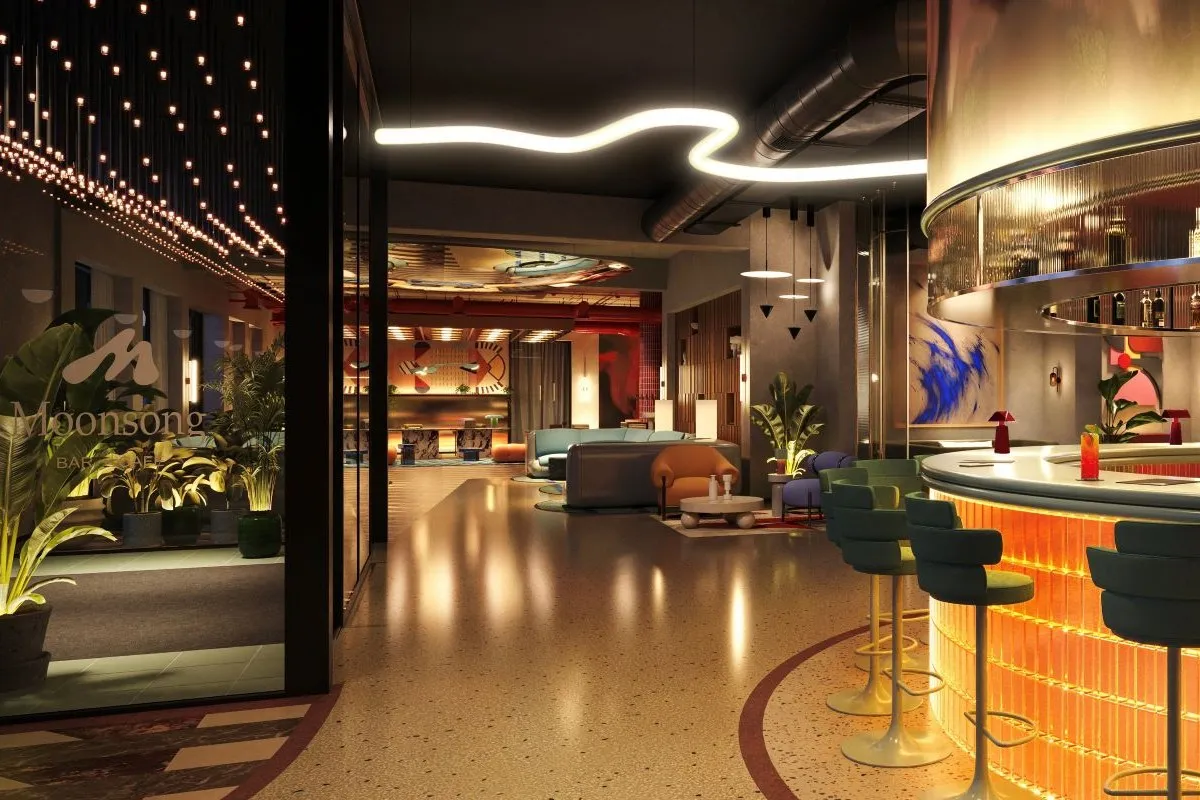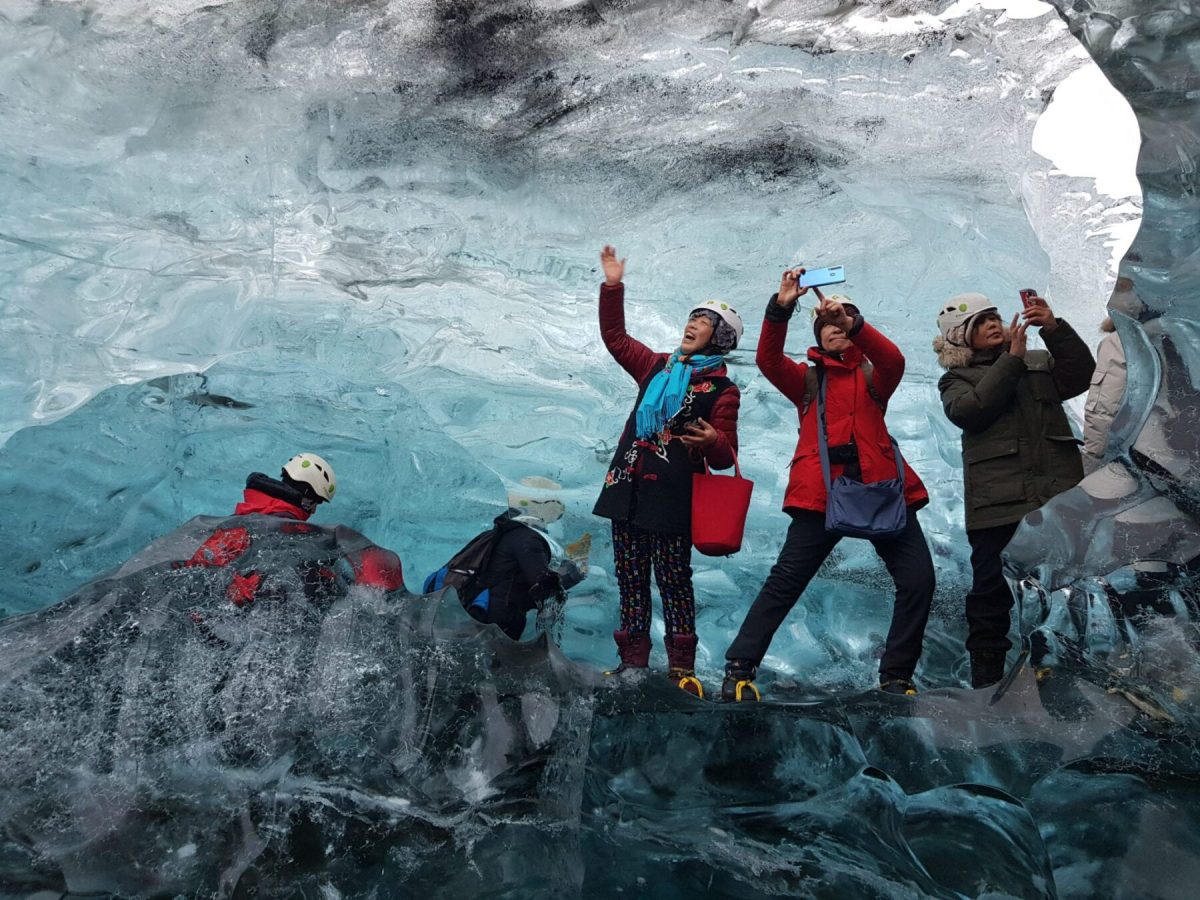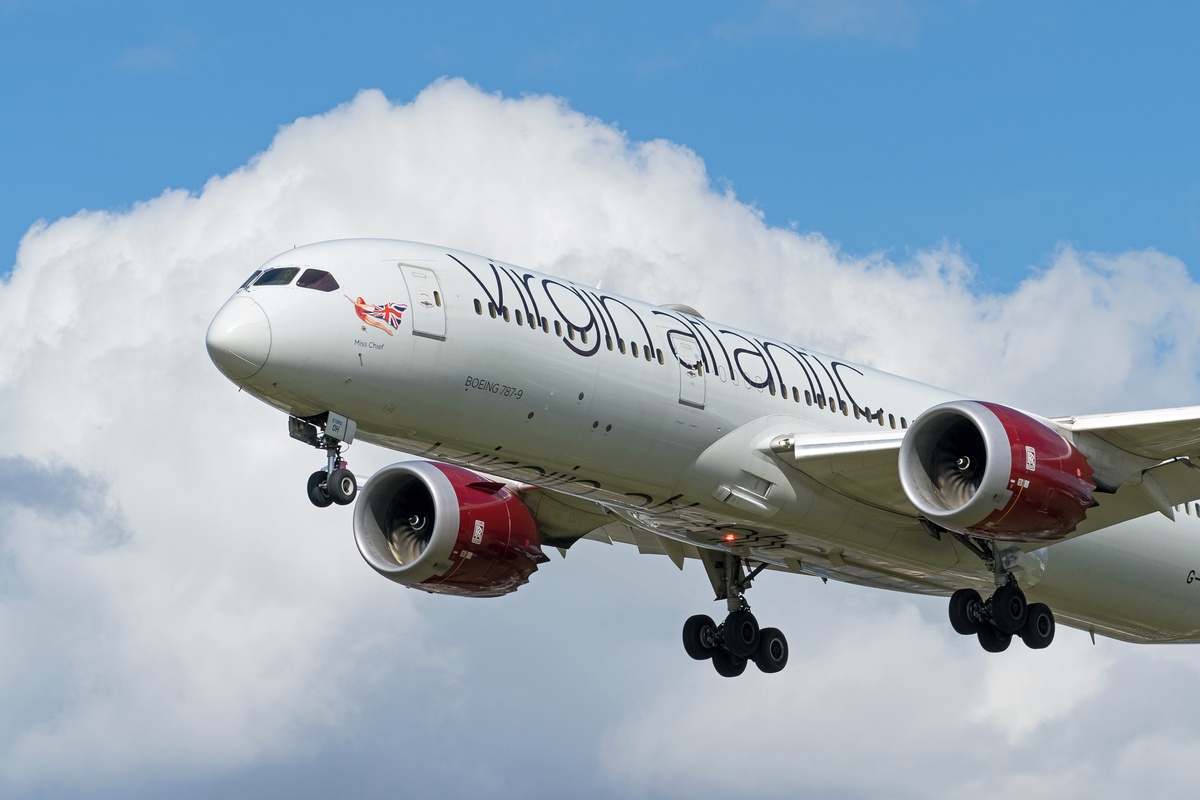What If Sabre Put Its Hotel Software Unit in Play

Skift Take
Travel technology company Sabre this year internally discussed an asset sale of part or all of its hotel software services unit to Oracle, which also has a hotel software business, according to multiple people familiar with the companies.
"We do not comment on market rumors or speculation," said a spokesperson when asked if Sabre had engaged this year in talks about selling its hospitality unit. Oracle, a potential buyer, didn't respond to requests for comment.
Sabre, based in Southlake, Texas, and Oracle, based in Austin, Texas, have been on each other's radar. Oracle Hospitality's current leader Alex Alt was previously president of Sabre Hospitality Solutions. Oracle Hospitality's previous leader Greg Webb was formerly vice chairman of Sabre.
Perella Weinberg Partners (PWP), a financial advisor to Sabre on $1.1 billion secured and exchangeable note offerings in the depths of the pandemic, may have suggested an asset sale, according to speculation. A spokesperson for PWP declined to comment.
An asset sale would give Sabre extra capital firepower. But there's no external sign that the company can't manage its debt load. The added benefit from putting it in play might be that Sabre could assess what the unit is worth to help justify internally further investment.
"We noted in our recent second quarter 2022 earnings call that Sabre ended the quarter with a cash balance of about $1 billion and that we continue to expect free cash flow to turn positive in the fourth quarter of 2022," a spokesperson said. "This free cash flow generation will, in turn, help enable us to achieve our deleveraging goals."
Rating agency Moody's reaffirmed in August a stable outlook for Sabre's capacity to repay long-term debt due in 2024. Moody's forecast Sabre could begin repaying debt in the first half of 2023 without negatively affecting its liquidity position.
The Case Against a Sale
Customers and employees needn't lose sleep. A sale is unlikely. A few longtime industry analysts and observers were puzzled by the idea of the transaction, which would be quite unusual among public companies without an activist investor involved.
An asset sale would narrow Sabre's core competency to services for airlines and travel agencies, shifting away from diversification. For years, the company has planned to grow by providing tech services that cover the lifecycle of the typical corporate traveler's trip, not just providing technology to travel agencies and airlines.
One strategic question for Sabre would be that, if it left hospitality, would it just have low-growth distribution services and medium-growth airline information technology services?
Sabre has made recent investments to broaden the capabilities of its hospitality business. Earlier this year, it bought Nuvola, a provider of tools to help hotels with managing tasks and engaging with guests online.
In June, Sabre announced the launch of Sabre Hospitality’s Synxis Retail Studio, a commercial product designed to help hotels sell rooms and services in personalized ways to guests.
Such acquisitions suggest a continued interest in the company's hotel customers.
Sabre said in June that, by year-end, it will have moved the entire SynXis platform from data centers to Google Cloud. It said that next year it will have enhanced the connectivity of all SynXis products.
Anecdotal reporting has found hotel customers are happy with Sabre's products for e-commerce, property management, and connectivity.
Why a Sale Might Make Sense
Sabre's hospitality business hasn't had high growth recently. The company said in February that it served "over 42,000 hotels," the same number it claimed in 2019. The apparent lack of high growth contrasts with how several other tech vendors serving the hotel space — IDeaS, Mews, Cloudbeds, Cendyn, Amadeus, Shiji, and Yanolja — have claimed significant customer gains in the pandemic rebound as many hotels have embraced digitization.
Sabre appears to have high repeat customer rates, signaling happy customers. So the apparent growth problem may be a relative lack of marketing by Sabre, as the company's various units fight for scarce dollars.
One source speculated that Sabre began considering an asset sale of its hospitality software business after Kurt Ekert became president of the company in January as part of a strategic review. Ekert was years ago executive vice president and chief commercial officer at Travelport, where he helped guide the company toward going public in 2014. Travelport is Sabre's smaller peer company, and it only focuses on travel distribution — not information technology services for hospitality. Ekert more recently was head of corporate travel management company CWT.
Anecdotal reporting has found that many tech vendors are frustrated by Sabre Hospitality's interactions with third-party developers. While Sabre has expanded the data feeds it offers, it doesn't appear to have done overhauls to provide developer support tools. Critics say it should adopt processes to make itself more nimble and responsive to third-party developers who want to sync external software with its central reservation system, booking engine, and other technologies. Integrations are vital to Sabre expanding its popularity with hotels because hoteliers will want their various third-party systems to play nicely with each other.
Yet Sabre faces tough strategic decisions. One is how much money it wants to invest in hospitality. A wide number of well-capitalized hotel tech players looking to bite off the various parts of its business.
For example, Sabre has a multi-year hill to climb to refine its cloud-based property management system, SynXis Property Hub, which helps limited-service hotels assign guests to rooms and other operational tasks. In essence, Sabre's Property Hub is competing with other products on the market from apparently better-funded players.
To return the property hub and its other hospitality products to high growth, Sabre may have to boost its marketing spend, invest in new products, make more acquisitions, and improve its interactions with developers, too. All of those steps can be inferred to be part of the C-suite's plan. Yet uncertain market conditions and an internal fight for resources could scramble calculations.
Why Oracle Might Want to Buy Sabre's Tech
The argument for how Oracle would benefit from acquiring Sabre's hospitality services is stronger than the argument for why Sabre would sell its tech. Or, for that matter, how it might attract other strategic buyers that might surface.
Sabre's flagship products are its SynXis central reservation system, which helps hotels distribute their rates and inventory to call centers, online travel agencies, and other third parties.
Sabre's booking engine is also popular. Tens of thousands of hotels have added the company's tool to help take direct reservations via their websites and apps.
While Oracle has some products that play in the same spaces, these aren't of the same caliber, according to industry participants. Oracle's claim to fame instead is its property management systems, which hotels use as central databases to keep master records of guest data and to assign guests to rooms. More than 40,000 properties, many of which are high-end hotels, use its systems.
Buying Sabre's central reservation system and booking engine would give Oracle best-in-class tools and fill gaps in its suite as it seeks to compete globally with upstart players increasingly making a push for end-to-end platforms.
A Sale Would Surprise
Since Sean Menke became CEO of Sabre in late 2016, he's led a strategic revamp that has streamlined the organization, scaling back some ambitions while ramping up others. Growth in hospitality has been a key plank in his plan.
In the next year, Menke and Ekert, the company's president, have to weigh an uncertain macroeconomic outlook, with a possible U.S. recession driven by interest rate hikes to fight inflation and a possible financial shock in Europe affecting supply and demand because of the energy crisis.
If it takes longer for the travel sector to recover than expected, they'll have to scrutinize projects by their strategic value, given that their company's flagship businesses may be slow to recover their full profitability.
Sabre has built a strong set of products with leading market positions. Yet broader strategic decisions at the parent level could cloud the picture. An asset sale remains unlikely but isn't unthinkable.





